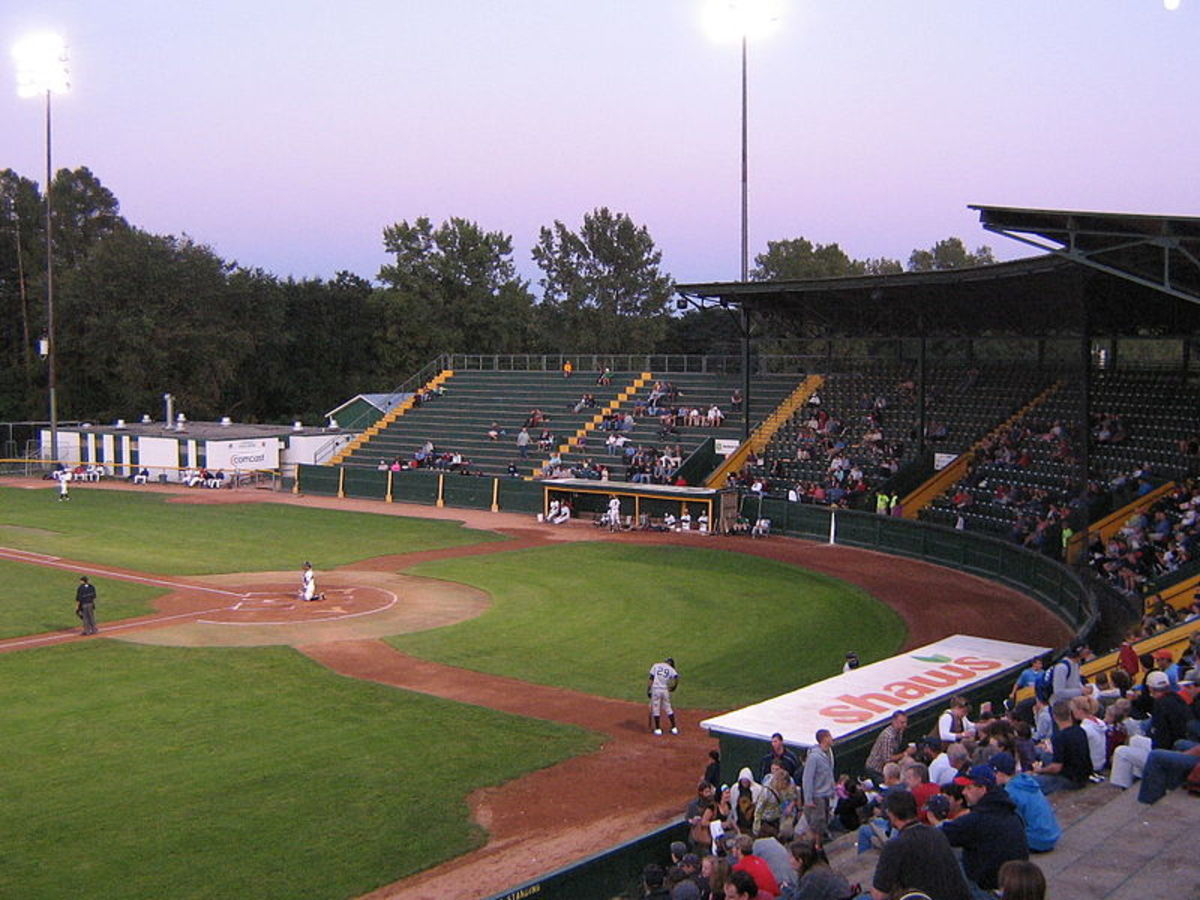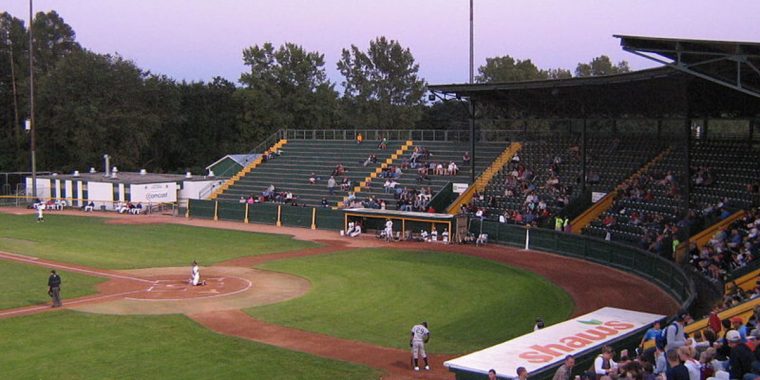
As Dealbreaker bid a fond farewell to Thornton McEnery this week, it was sad for me personally to know that I’m no longer working with someone who’s been a friend since elementary school and who’d reached out when I became a writing free agent three years ago to see if I’d like to do some sportswriting for the business site where he was the editor. But that sadness is softened in being able to work with Jon Shazar, whom I’ve known since college – a time during which we tried to crowdfund a bid to buy the Montreal Expos.
Fast forward almost 18 years from what sparked some college newspaper kids’ efforts to save a major league team, and come to Tuesday, when Bernie Sanders spoke out in opposition to plans to shutter 42 minor league franchises, tweeting, “Closing down Minor League teams, like the Vermont Lake Monsters, would be a disaster for baseball fans, workers, and communities across the country. We must protect these teams from corporate greed.”
Meanwhile, at the major league level, ill winds are blowing on the labor front, with NBC Sports reporting that commissioner Rob Manfred has said, “maybe Marvin Miller’s financial system doesn’t work anymore.” A lockout for the 2022 season never has looked more likely.
It’s quite an idea for Baseball to optimize its business by getting rid of baseball wherever it possibly can. We’ll see how that plays out on their balance sheets, but it also raises an important existential question: how much is baseball a business, and how much is it a public trust?
The prices of Major League Baseball teams have risen enough in nearly two decades that a crowdfunding effort to save one from extinction would be silly – not that it wasn’t back in 2002. But in a world that now has Kickstarter and various other methods of pooling resources, it would not be out of the realm of the imagination for ordinary people to get together enough money to purchase minor league teams.
At least, if the issue was those teams being in dire straits from an ownership perspective, that might be possible. What’s happening is that these teams are being targeted for deletion against their will. Dave Heller, the CEO of Main Street Baseball, which owns three of the teams on the cut list, told SB Nation, “Minor League Baseball is never going to agree to have 42 teams contracted in the most arbitrary and capricious way. They can’t proceed without our acquiescence.”
Sanders and his colleagues in Congress, for their part, are not subtly reminding baseball’s poohbahs that their antitrust exemption can be revoked. If the sport, as a business, is failing to serve the public interest, putting people out of work, and wasting billions of dollars’ worth of public infrastructure investment in ballparks and more, the result of Baseball’s plans may be only to strengthen the case for control of the levers of power in the game to be handed over to the communities where the game is played and extremely viable, if not for outright nationalization.

